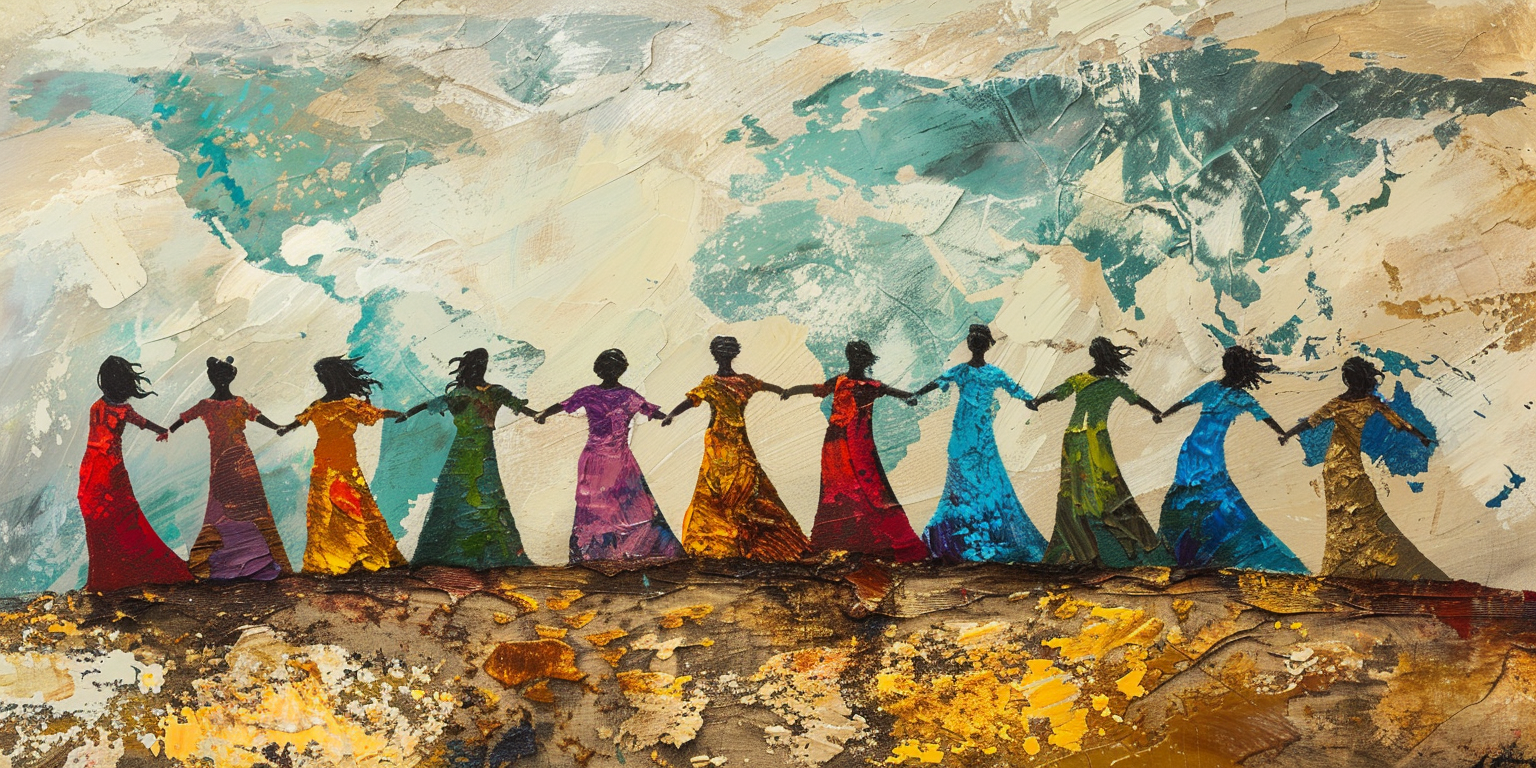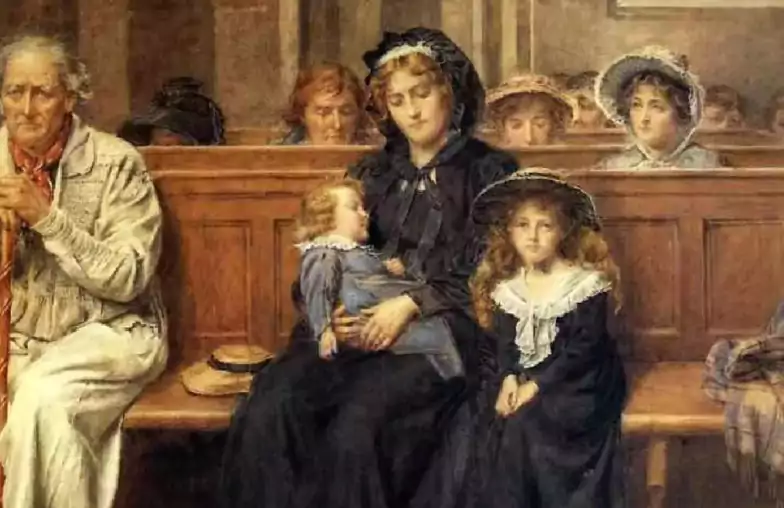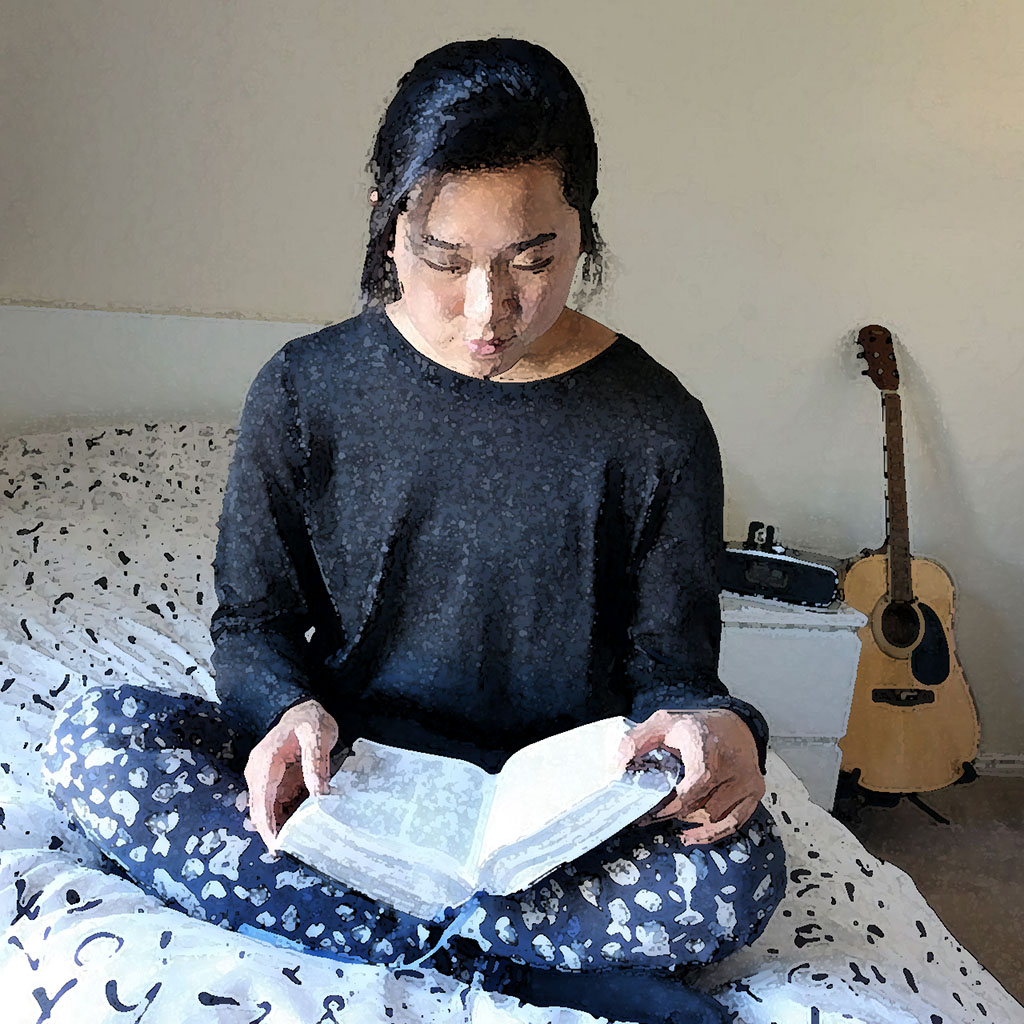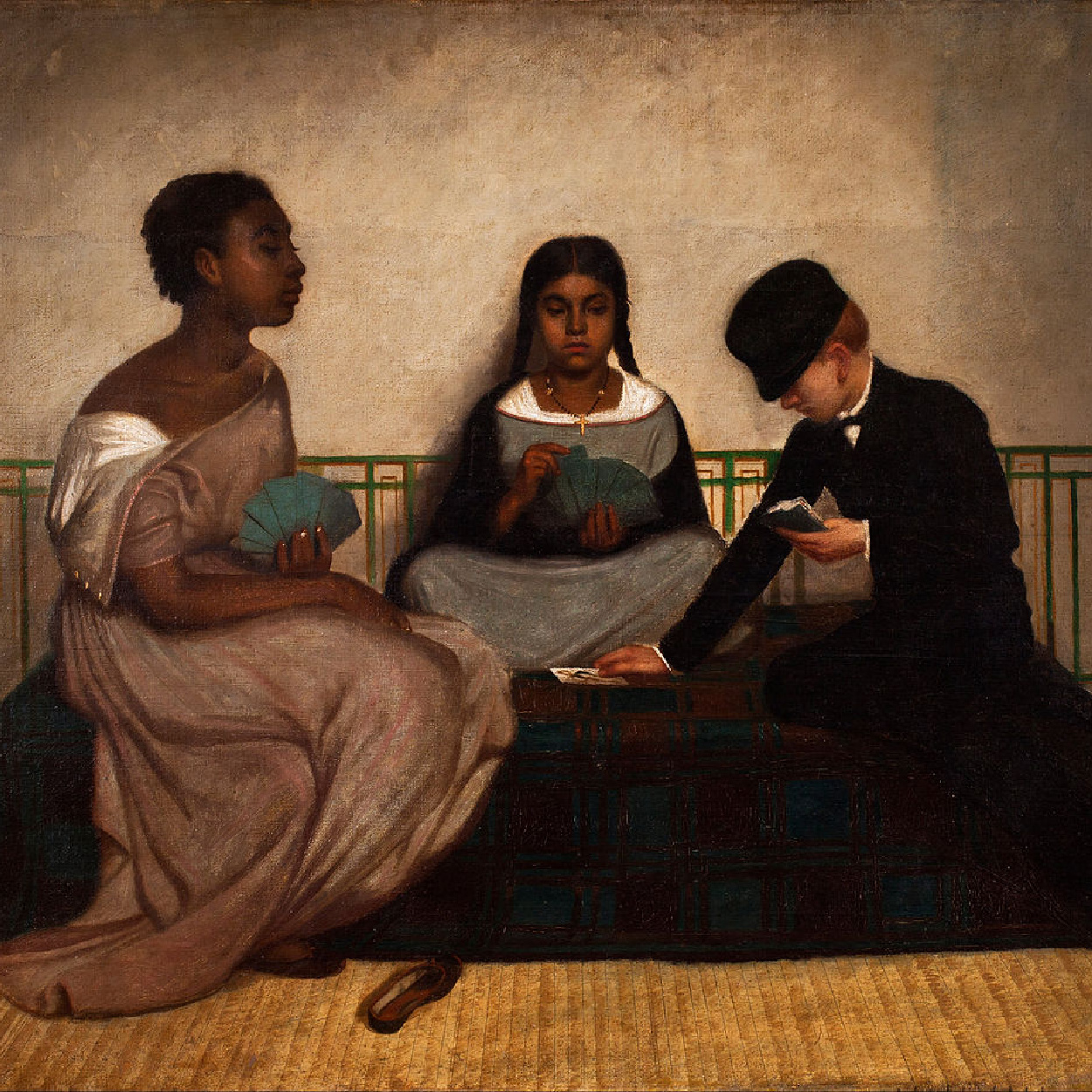
An Open Letter to the New York Times
Latter-Day Saint women challenge the narrative of oppression, countering the view that they lack power within the Church of Jesus Christ.

Latter-Day Saint women challenge the narrative of oppression, countering the view that they lack power within the Church of Jesus Christ.

Three years ago, Dallin H. Oaks gave a stirring denunciation of racism. What are the theological implications three years on?

In our efforts to communicate love and inclusiveness, we may sometimes send messages that mean quite a bit more than what we had intended.

Journalists at Church-owned media who promote Pride Month material may not realize how confusing and discouraging it can be for active members like me.

“I don’t see color.” To paraphrase Inigo Montoya, “you keep using that phrase. I don’t think it means what you think it means.”

The second in a series on unity, belonging, and striving toward the just society of “Zion.” This article explores how to achieve a community of belonging in our congregations and church-sponsored schools.

As the doctrine of the “self-centered” West becomes increasingly distinct from the doctrines of the Restored Gospel, the faithful can no longer stay in a middle ground.

Asian-American Christians often rely on the Bible carefully and deeply to influence many elements of family life, especially parenting.

The message of the gospel of Christ makes some people uncomfortable and angry. That doesn’t mean it’s wrong. Maybe we should show a little more humble openness to what CRT can offer our understanding of the world?

As black conservatives have become more vocal and popular, efforts to dismiss them have also increased. If we’re serious about diversity and inclusion we need to hear from all black voices, including those on the right.

Proposals to advance greater gender equity and equality are often written off by conservatives as a “liberal” thing. But why? Respected scholar makes the case for a broader view on International Women’s Day.

Even when we think we’re being “Christian” – when we’re having a “bout of Christianity” – we can be seriously misled. In responding to critics of faith, for instance, being “humble” and ready to put ourselves in the wrong does not solve the problem of the best, most responsible action.